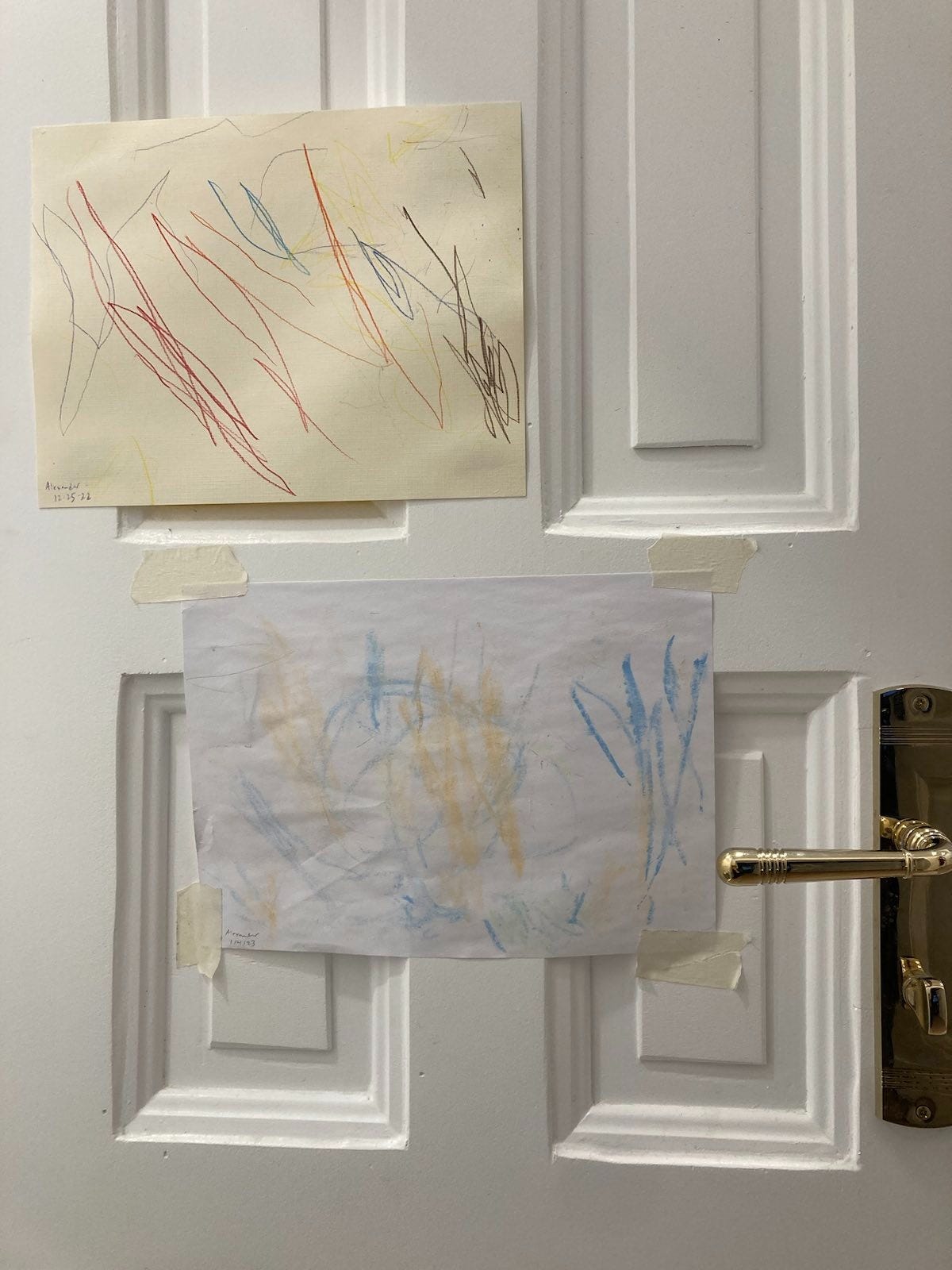Small Victories
It can seem as though science and activism are uphill battles, so we need to celebrate our wins
This letter brightens my world. It’s a January 10, 2023 Freedom of Information Act (FOIA) decision notice from the Information Commissioner's Office regarding the London School of Hygiene and Tropical Medicine's handling of my FOIA request for A.R. Last's IRB protocol for this MRC Gambia-associated research, “Population-based analysis of ocular Chlamydia trachomatis in trachoma-endemic West African communities identifies genomic markers of disease severity.”
When I came across this publication in the spring of 2021, I became concerned that there was no mention of doing anything other than collecting samples to sequence the disease genome. This might mean that Western researchers violated research ethics by collecting data "for science" without making any attempt to help their infected West African subjects obtain medical care and education to prevent complications including blindness and infertility. The first author ignored my requests in March and April of 2021 for the Institutional Review Board protocol that would indicate what, if anything, was done to benefit the subjects who gave researchers the samples. So I requested the protocol from the institution, the London School of Hygiene and Tropical Medicine, under FOIA, using the wonderful free UK FOIA website WhatDoTheyKnow.com. The whole history of that request is online, with a summary here.
This Information Commissioner's Office decision notice reflects the fact that the London School of Hygiene and Tropical Medicine similarly ignored my repeated requests, including by grossly exceeding the statutory timeframe to respond to the request; misinterpreting the request despite it having only one objective reading, which is mine; and failing to conduct a requested internal review process of its handling of this FOIA request. On one hand, this looks like documentation that I had a question about research ethics, everyone ignored me, and there’s nothing I can do about it. Right?
Wrong. In many contexts, like the U.S. FOIA system, requestors don't have a lot of power to contest bad institutional behavior like this unless they have the means to get a lawyer and take it to court. That’s often a bad strategic move for activists, because court is expensive and stressful, time and other resources are zero-sum, and sometimes doing things like suing a bunch of federal security agencies seems to make people mad.
But in the UK system, you can eventually go straight to the Commissioner's Office yourself. That office is then able to tell the public authority that they must take the appropriate steps, and failure to comply "may be dealt with as contempt of court." This aspect of the UK FOIA process empowers ordinary people to better advance transparency, balancing institutional power with democratic force. It makes me very happy on principle that this process is working in this way — even though I still don’t have the information I was after, only a dedicated rabbit-holer like me would still be after it, and I really should someday learn to prioritize rationally. (But I’m curious.)
Many thanks to the Information Commissioner's Office for brightening my world with a small win for rule of law, research ethics, and transparency.
To be clear, I don’t know what I don’t know here. There could well have been the strictest research ethics in this study. Or there could be irresolvable conflicts and complex questions in play that someone has thought about deeply, balancing interests in a considered way to arguably serve the public interest — in a judgment call about which we might agree or disagree as intelligent, well-intentioned people. Or, researchers could have advanced their own careers by publishing the results of data collected from people they could have helped avoid serious harm, but didn’t bother trying. We need to see the protocol, and preferably talk to the researcher(s), to know.
My aged great-great-grandmother Beila was sent back to Bremen from Ellis Island after trying to join her family from Romania. The U.S. screened immigrants for infectious diseases when they came off long journeys on dirty, overcrowded boats like hers — and turned back all those who had them. At the time, these diseases were incurable. A military doctor examined her eyes and marked Beila’s coat with a blue chalk E. More military doctors checked, agreed, and marked her CT for contagious trachoma. She died, broken and blinded back in the old country, less than six months later.
Chlamydia is now a treatable disease. People with the knowledge and power to treat it have an ethical duty to help people without. Particularly when they look into their eyes, and take something with them. If the eyes are the window to the soul, you don’t take a shaving off the sill and let someone totter on the edge.


